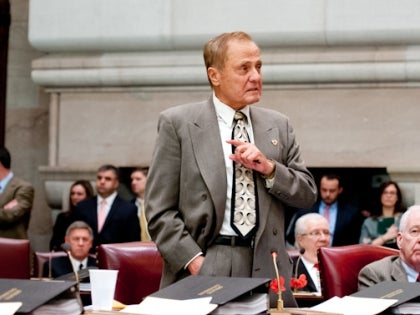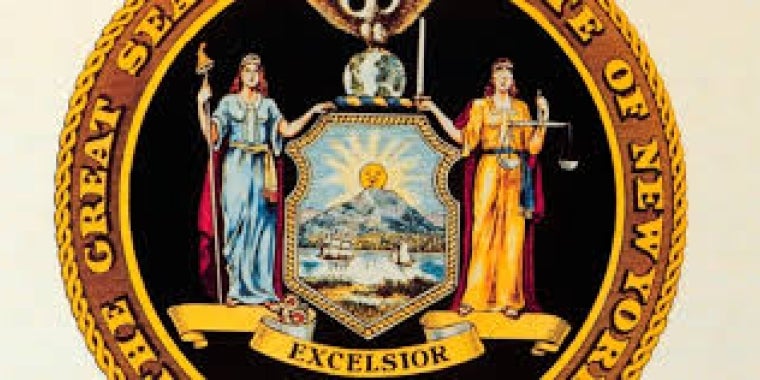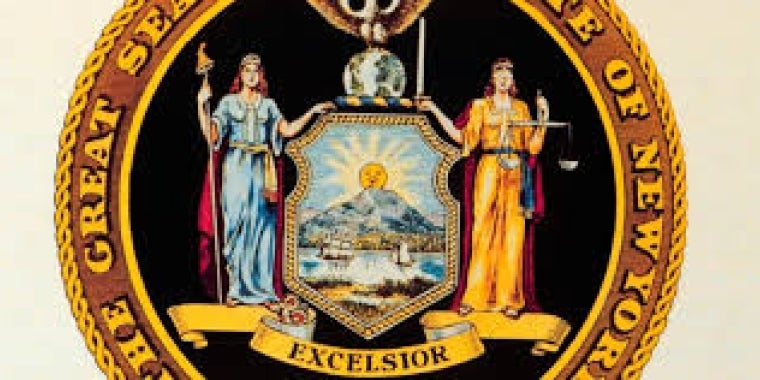
Senator Bonacic Introduces Legislation to Eliminate Mta Tax in Certain Counties
John J. Bonacic
April 23, 2011
Senator John J. Bonacic (R/C/I – Mt Hope) has introduced legislation (S.4774) to eliminate the MTA Tax in the Hudson Valley and Long Island. Four of Senator Bonacic’s Republican Colleagues, Senators Greg Ball, Bill Larkin, Steve Saland, and Lee Zeldin, have joined him in co-sponsoring the legislation.
The bill would eliminate the MTA Tax in Orange, Dutchess, Putnam, Rockland, Westchester, Suffolk and Nassau Counties. In turn, the legislation would authorize the New York City Council to establish tolls on the Brooklyn, Manhattan, Williamsburg and Queensboro bridges over the East River for the purpose of providing an additional dedicated source of funding for the Metropolitan Transportation Authority (MTA).
The MTA tax was enacted in the Senate in 2009 when the Senate, Assembly, and Governor were all under Democratic control. It was passed in the Senate in a partisan 32-30 vote. Every Democrat in the Senate voted for the tax, and every Republican voted against the tax.
Senator Bonacic said, “Since the tax’s enactment, the MTA has not demonstrated it is any more effective in providing services to the people of the Hudson Valley and Long Island. It remains, as I said when the tax was first proposed, ‘taxation without transportation’ on the people of our region.”
Tolls on the East River bridges have been projected to bring in more revenue than the MTA tax, and are a fairer option.
According to a 2003 analysis, East River Bridge Tolls: Revenue, Traffic, Mobility and Equity Impacts; prepared by Schaller Consulting, tolls on the East River Bridges would bring in $522 million in annual revenue if the city adopted toll charges between $2.50 and $5. In comparison, an analysis done in June 2009, by State Comptroller Thomas P. DiNapoli projected that the MTA tax would bring in $394.3 million in revenue from Long Island and Hudson Valley. That means the bridge tolls would be more than enough to make up any lost revenue if the MTA payroll tax ended outside of New York City. However, the accuracy of the Comptroller’s initial projection has come into question given the current recession – meaning perhaps even less revenue would be necessary to make up the difference if the MTA payroll tax was eliminated.
“People commute to New York City from New Jersey and Connecticut. My proposal is not a pie in the sky repeal of the MTA tax, which leaves a gaping hole in the MTA’s budget. Rather, it puts the financial onus on the people who commute to New York City and drive around New York City, rather than the small businesses, non-profits, and local governments whose employees, by virtue of the fact that they are working here in the Hudson Valley and Long Island, are not using the MTA to go to or from work,” Senator Bonacic said.
Town of Chester Supervisor Steve Neuhaus, whose community is part of a lawsuit to declare the MTA tax unlawful, likes Bonacic’s alternative. “The MTA tax is also a property tax. Town’s like Chester spend thousands of dollars on the MTA tax. That cost is passed onto our property taxpayers. Simple fairness dictates that those who use the City’s bridges and subways and train system ought to pay for it. Orange County’s small business owners and local governments, whose employees do not use the MTA to get to and from work, should not be on the hook to pay the MTA tax. Senator Bonacic’s plan is fair, which is what we should expect from our government.”
Neuhaus also added that the MTA tax was proof of the need for political balance in State government. “If you had had a Republican Senate in 2009, the MTA tax would not have happened. Now, we need Assembly Democrats to join with their Senate Republican colleagues and urge a repeal of this tax,” Neuhaus said.
According to Comptroller DiNapoli’s 2009 report, Orange County’s local governments, businesses, and non-profits are expected to contribute $17.9 million annually through the MTA tax. Dutchess County’s local governments, small businesses, and non-profits are expected to contribute $17.7 million.
“Whether the Comptroller’s numbers hold or not, it is evident that tolls on the East River bridges, even based on a 2003 study, will be more than enough to off-set the MTA payroll tax. In addition, tolling bridges encourages people to use the MTA, and we all know that mass-transit is better for the environment. Tolling the East River bridges is a win for the subway, encourages more use of the MTA’s trains, and is better for the environment. It is a reasonable compromise to what was a purely partisan tax, and should be looked at by the Senate and Assembly,” Bonacic said.
Senator Bonacic is offering his legislation to any Assembly Democrat in the MTA region to sponsor. “A lot of Assembly Democrats spoke out against the MTA tax but they had no partners in the Senate. Now they have partners in the Senate Republican Majority who want to take on the MTA tax. I hope these Assembly Majority Democrats put their objections to the MTA tax into action, sponsor this legislation, and work with me to enact it,” concluded Senator Bonacic.
###
Share this Article or Press Release
Newsroom
Go to Newsroom


